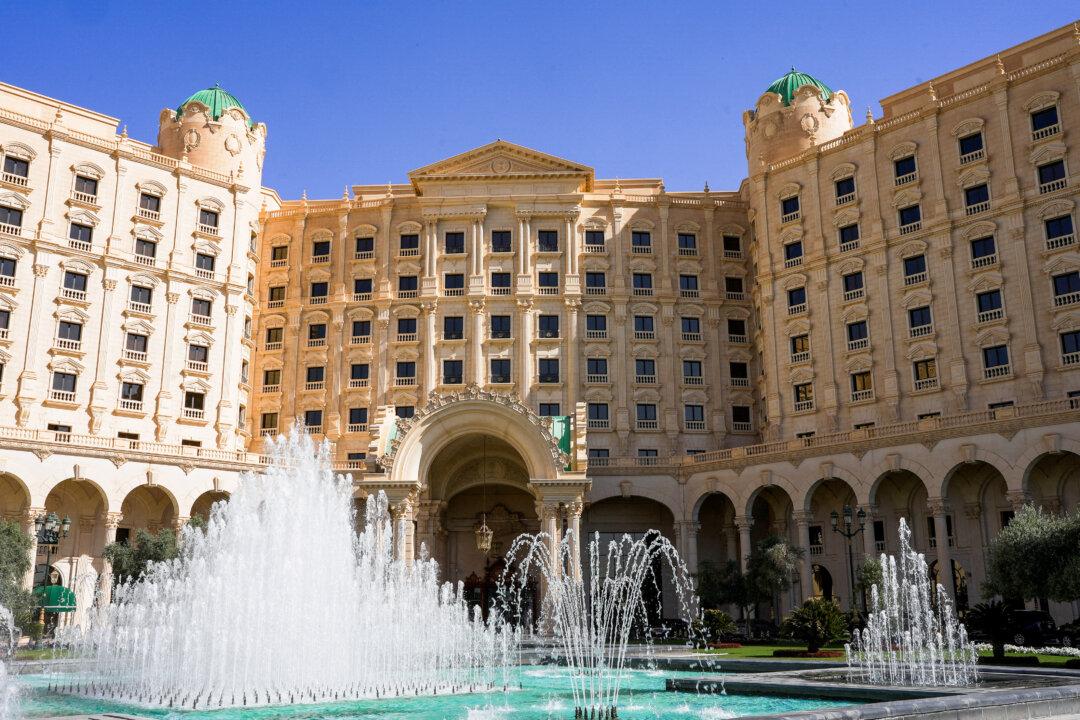News Analysis
Last week, U.S. and Russian officials held marathon talks in Saudi capital Riyadh with the aim of reaching a cease-fire deal between Russia and Ukraine in the Black Sea.

Last week, U.S. and Russian officials held marathon talks in Saudi capital Riyadh with the aim of reaching a cease-fire deal between Russia and Ukraine in the Black Sea.